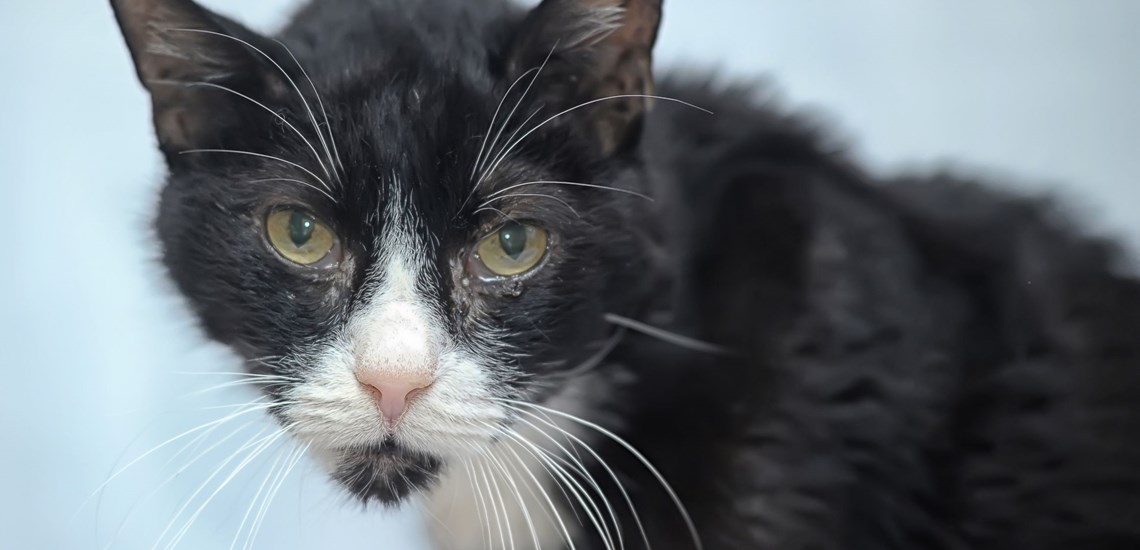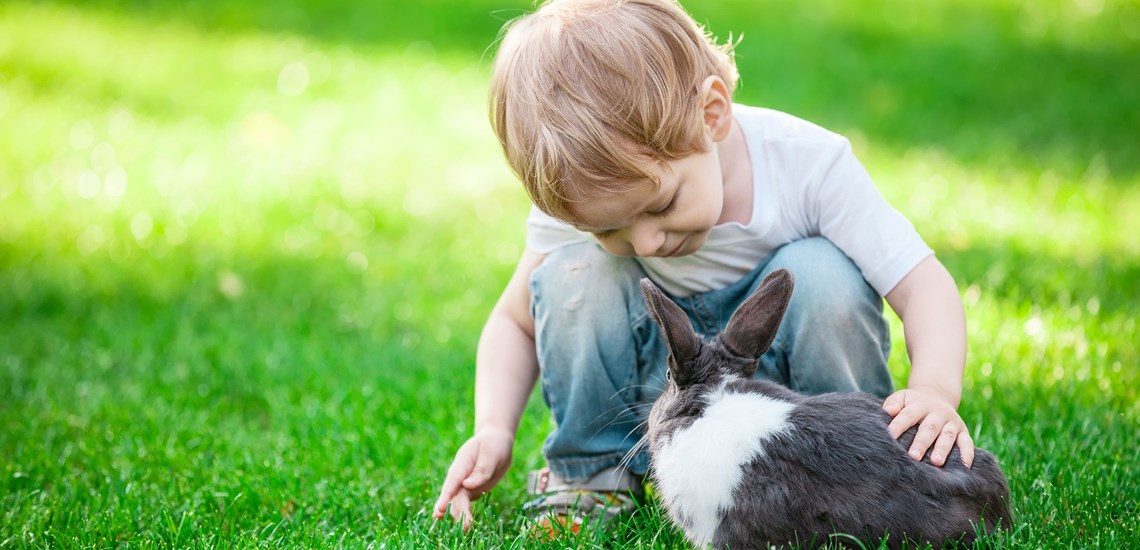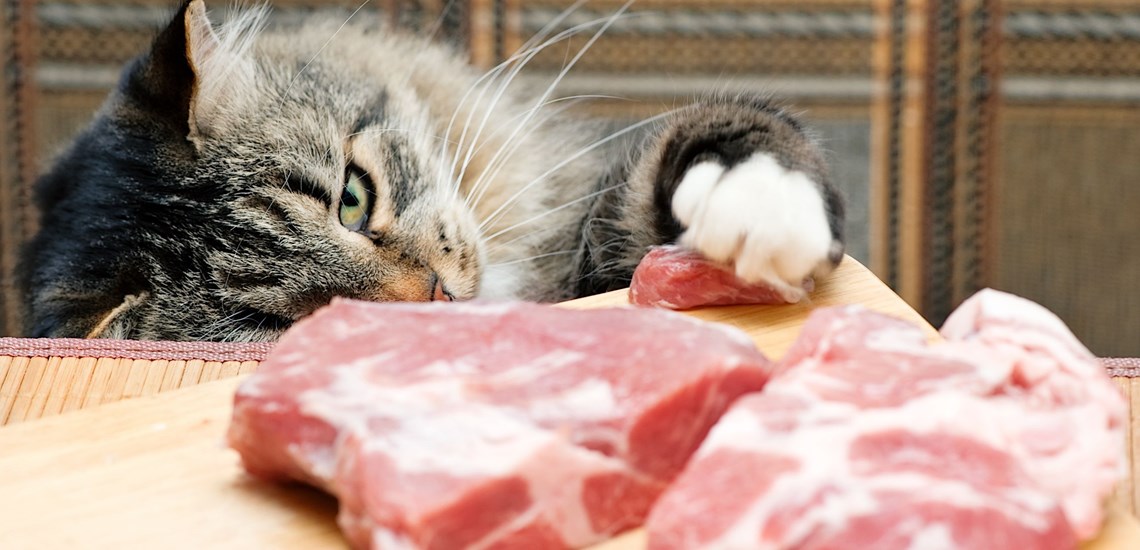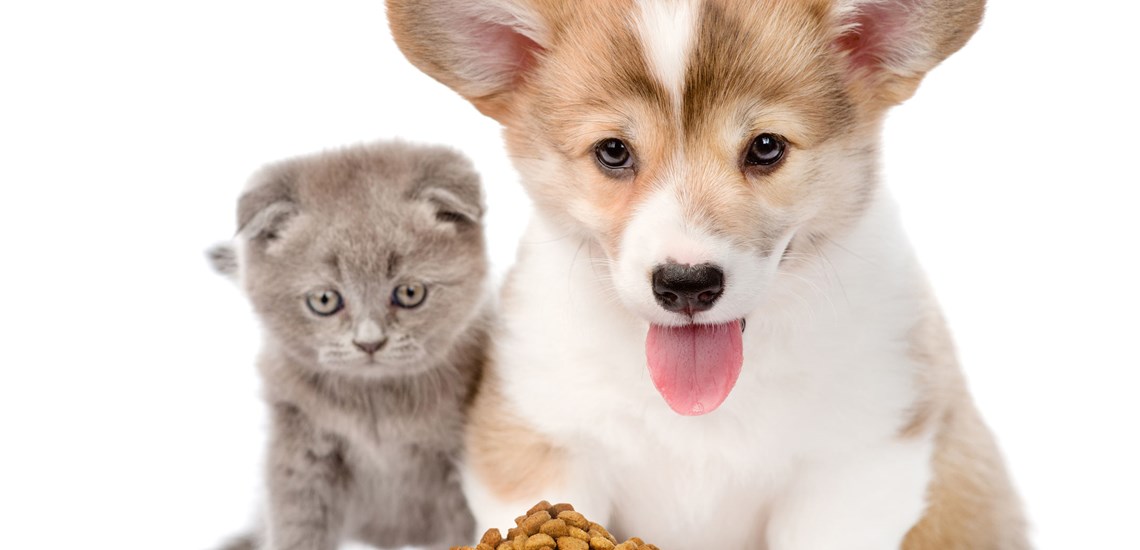Grain free diets - are they better?
Choosing a diet for your dog is a task not to be taken lightly. Grain free and gluten free pet diets have become very popular.
With an increase in the number of people choosing to eat a grain free or gluten free diet there has been a corresponding increase in the number of grain free and gluten free diets available for pets.
Many people assume that grain free diets are ‘more natural’ and carbohydrate free. The growing number of these products on the market is giving the misperception that grain is bad for pets.










